A series of Chinese government documents reveal local authorities’ methods for monitoring and controlling public opinion on the internet, including how they recruit popular social media accounts or create their own to post pro-government content, monitor content that is unfavorable to the regime, and handle public relations disasters.
Cultivating Pro-Government Influencers
In a document marked “secret” that contained minutes from a meeting of directors of the Henan Province Network Information Office, officials noted the importance of cultivating pro-government social media influencers through recruiting existing accounts and creating their own.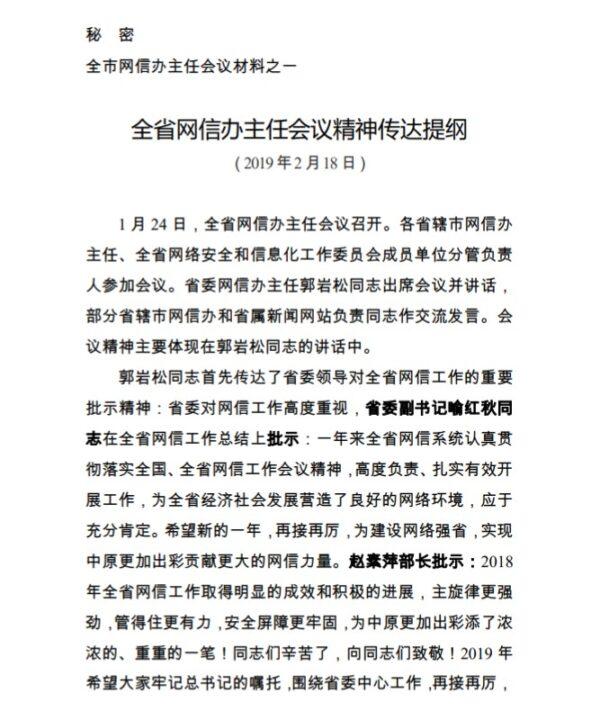
The pro-government social media influencers are required to post or repost official rhetoric and commentaries on their accounts. Authorities should also organize large numbers of paid internet commentators to follow such accounts and “like” those posts—in order to create buzz online that favors the government, while expanding the influence of pro-government and government-run accounts, according to the meeting minutes.
When and Who to Monitor
In one document issued by the local Nanyang city branch of the Chinese regime’s chief online censorship agency, the Cyberspace Administration, authorities outlined two main categories of content to closely monitor: “significant online public opinion” and “general internet public opinion.”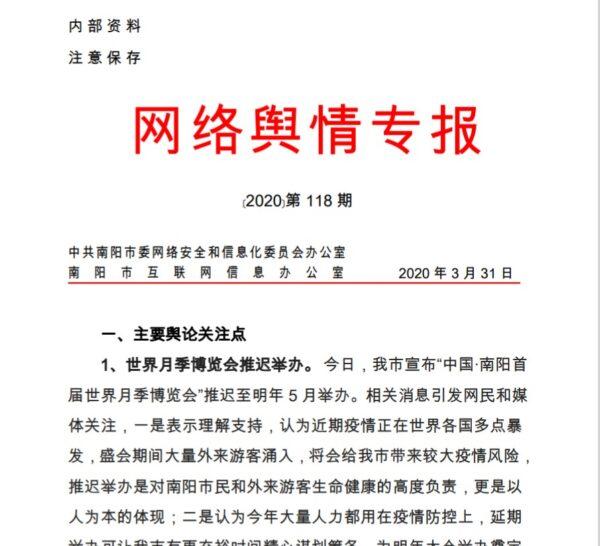
The former refers to online content about major disasters or public safety incidents; events that draw a lot of media attention; posts that involve the interests of “large groups” or “affect political security”; and more, according to the document. “Political security” is an oft-used term referring to the stability of the Chinese Communist Party’s rule.
“General internet public opinion” refers to sensitive topics circulating on a smaller scale, such as through chat groups, independent online commentators, or the accounts of influential media, public intellectuals, and social media influencers.
Another document from Henan Province that was disseminated to lower-level governments explained that local authorities should respond to any negative news or public opinion about authorities circulating online, by mobilizing different government agencies, such as the propaganda, cyber, public security, and other departments.
Another Cyber Army
In addition to the Chinese regime’s “50 cent army” of hired professional trolls who post pro-regime comments and verbally attack those who disagree with the government, an internal official document also revealed that the Chinese Communist Party has begun recruiting “internet surveillance volunteers.”A July 22 notice issued by the Anyang City Cyberspace Administration stated that all county governments must form a team of such volunteers, with no less than 30 people.
Handling ‘Negative’ Public Opinion
The Epoch Times also obtained copies of “online public opinion special reports” from the Nanyang city branch of the Cyberspace Administration, dated March 17 to May 11, which recorded examples of how the local government handled “negative public opinion.”For example, earlier this year, a social media account reported about companies that illegally built property at the local Longshen Industrial Park and profited off renting or selling the real estate. Netizens expressed outrage at the news.
The report said authorities were successful in quickly spotting the “negative” opinion and “guiding online comments” to be favorable toward authorities. After the local government launched an investigation into the companies and announced the results, “public opinion and sentiment are now calm,” the report concluded.
Also in April, local news reported that Tanghe County education officials visited local schools without wearing masks during the spread of COVID-19. Local authorities “communicated and coordinated with relevant media” to delete the initial post, along with reposts and comments about the news on social media platforms, according to another report.
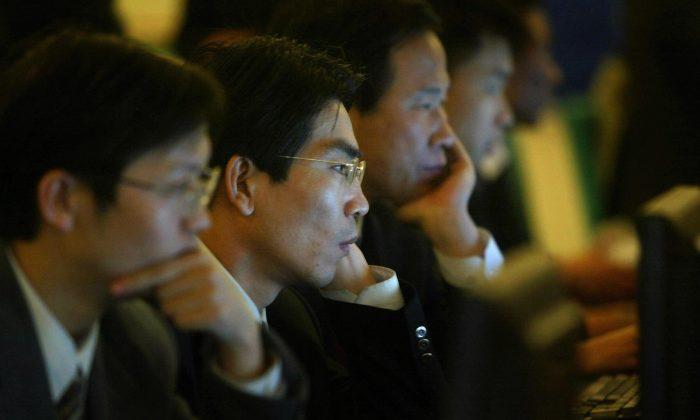
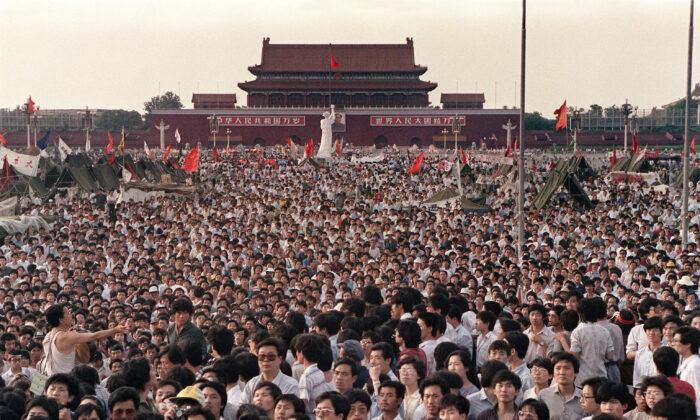
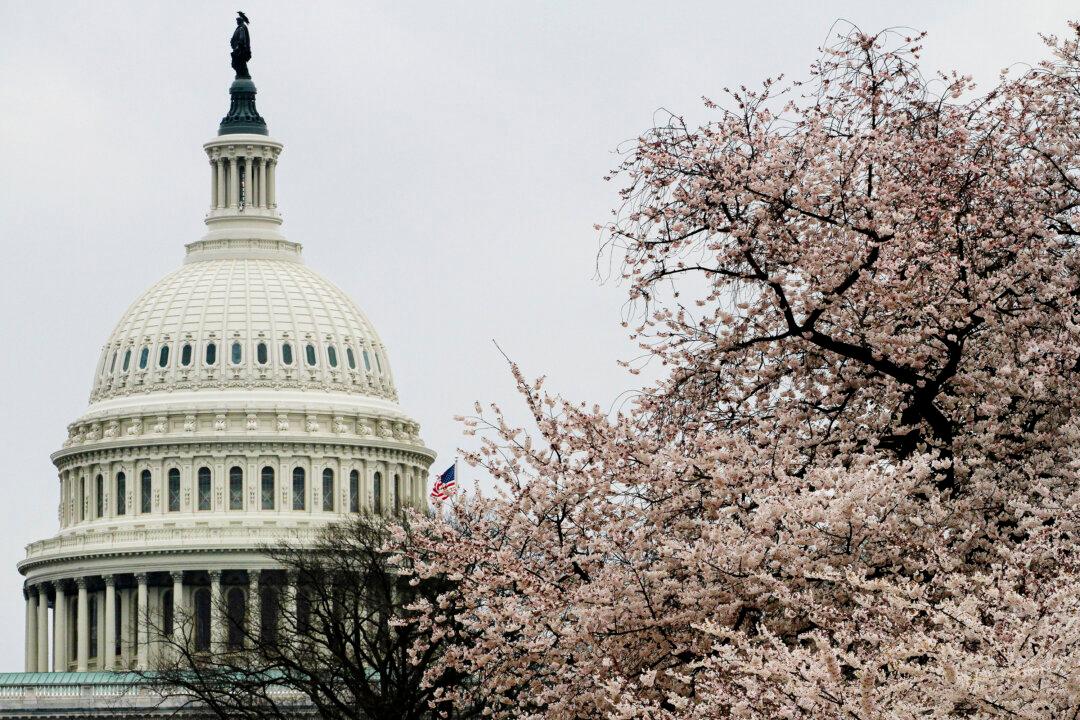
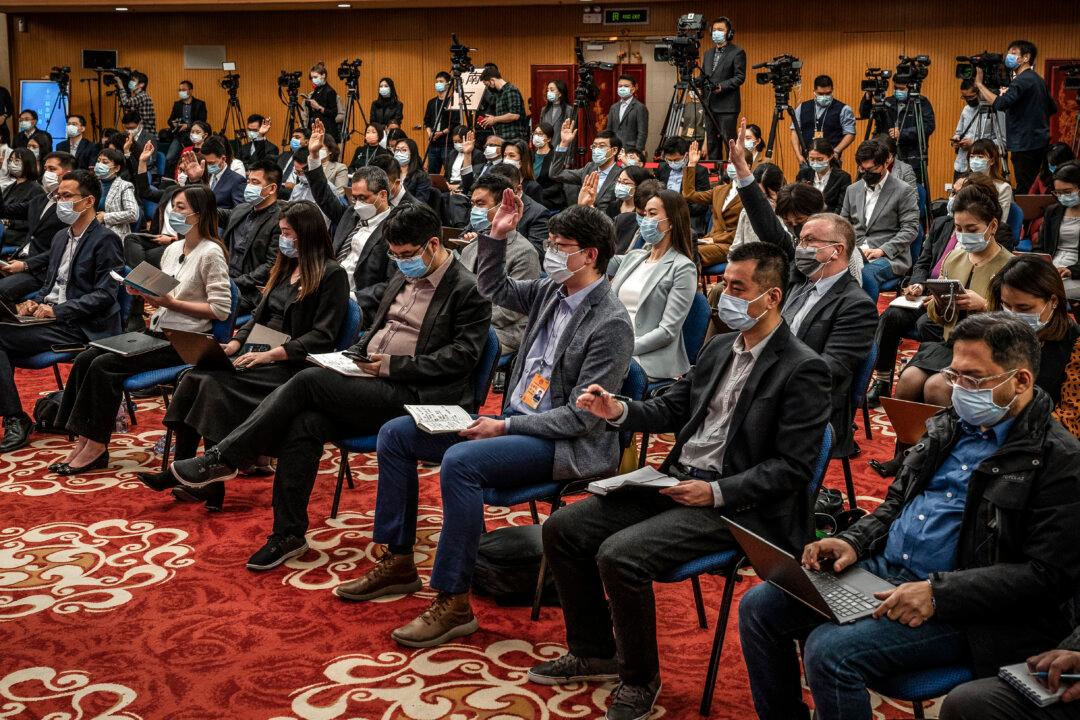
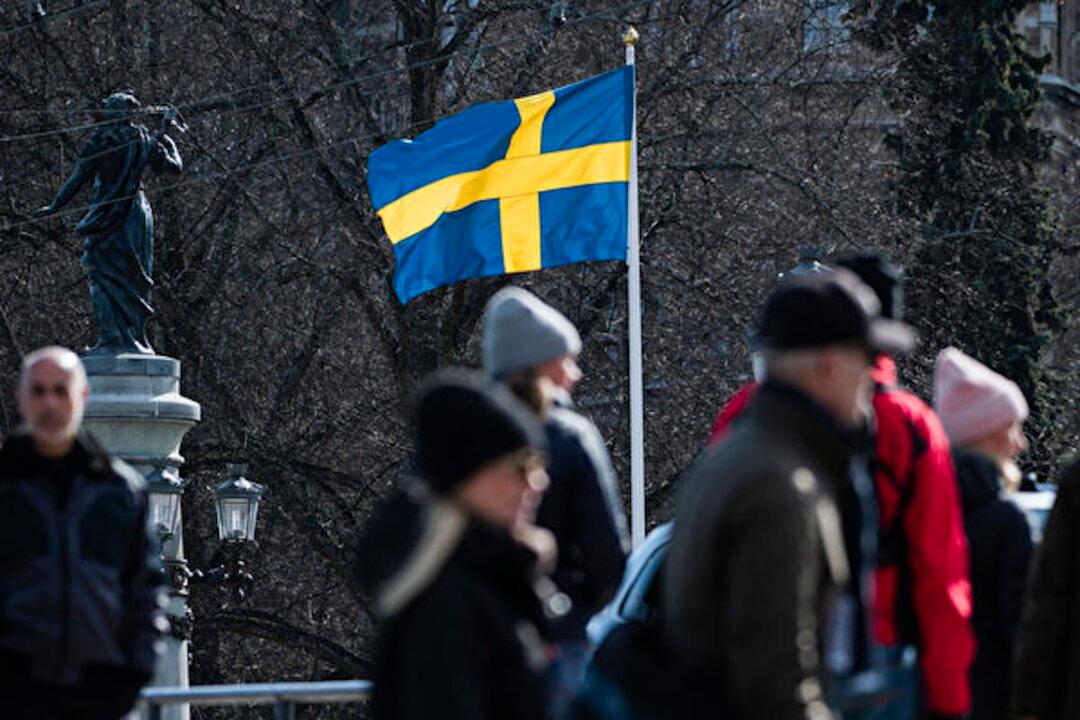
Friends Read Free